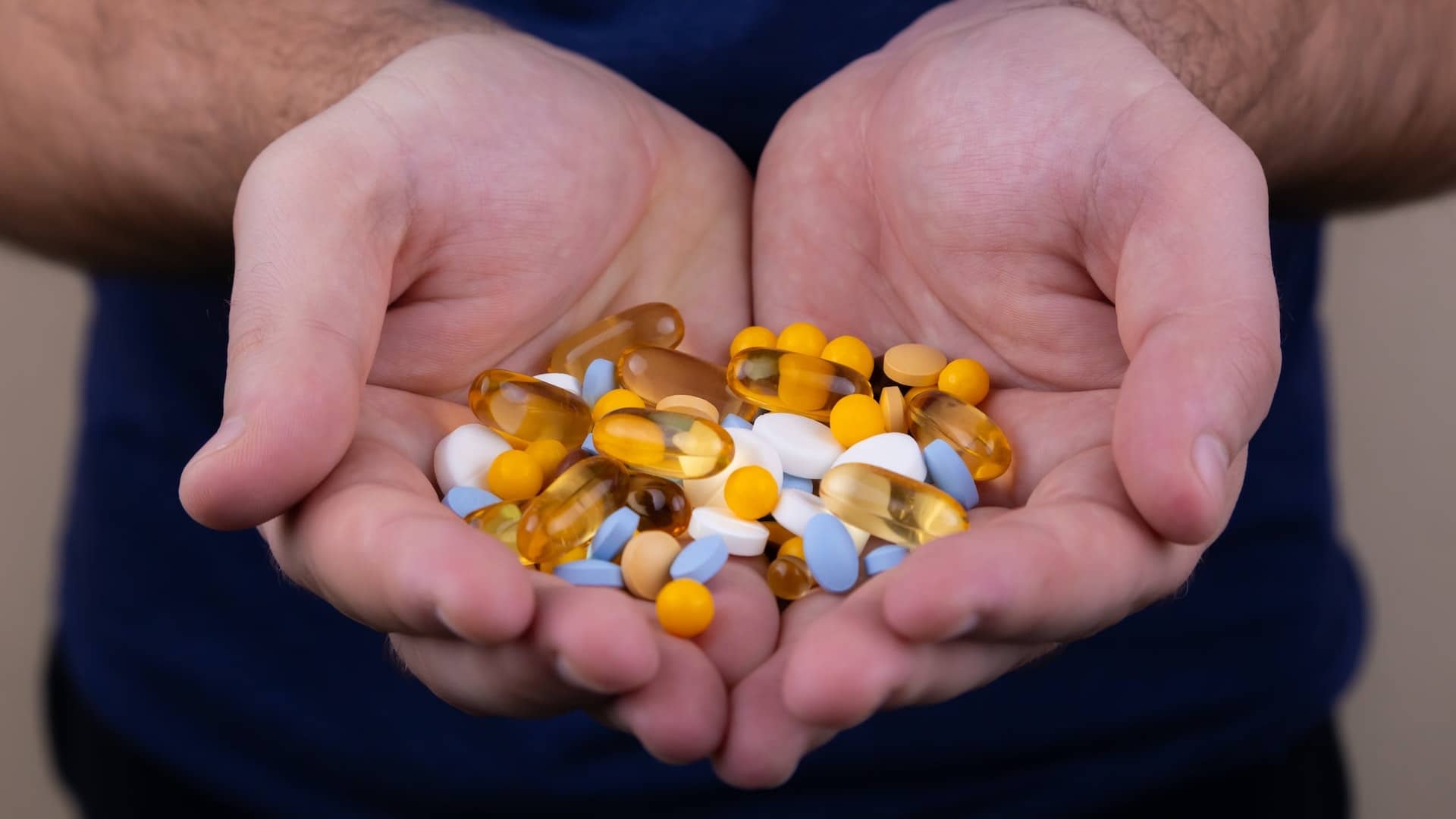Recently, the cutting-edge drug INT230-6 showed good tumour-killing effects for the treatment of soft tissue sarcoma in the single-arm phase 1/2 open-label clinical trial IT-01 (NCT03058289), and the drug demonstrated good responses whether injected inside the tumour alone or in combination with the CTLA-4 immune checkpoint inhibitor ipilimumab.
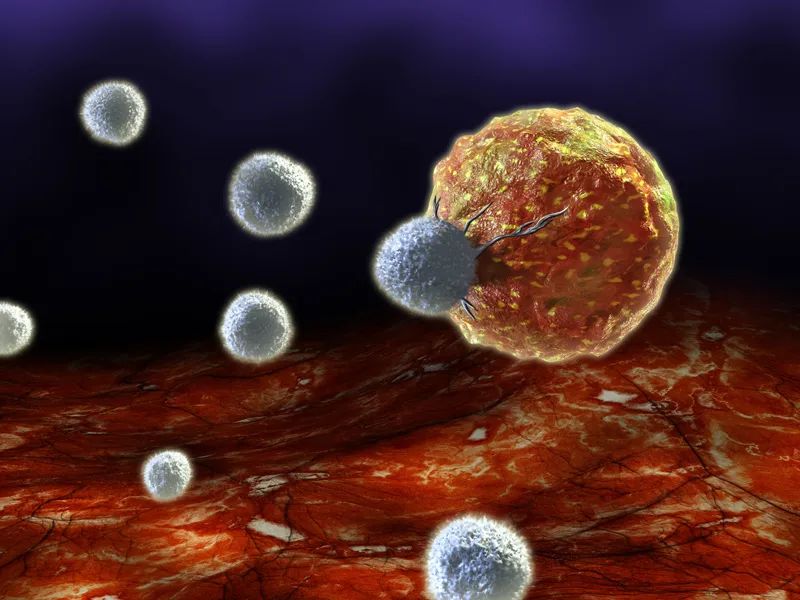
INT230-6 is a cutting-edge drug manufactured by Intensity Therapeutics, which consists of two proven anti-cancer drugs combined with a penetration-enhancing molecule, designed to be injected directly into the tumour, where it disperses and spreads into the cancer cells to provide a therapeutic effect.
In preclinical studies, INT230-6 directly killed tumours and caused dendritic cells to accumulate in the tumour microenvironment, thereby inducing immune T-cell activation and tumour killing. In addition, in mouse models, INT230-6 combined with immune checkpoint inhibitors (PD-1 and CTLA-4) had a strong synergistic effect, resulting in a 1+1>2 efficacy.
In the IT-01 clinical trial, 15 of the 29 patients were treated with INT230-6 alone and 14 with INT230-6 in combination with the CTLA-4 immune checkpoint inhibitor ipilimumab. Patients in the trial were patients with advanced metastatic sarcomas of all types who had previously undergone extensive treatment.
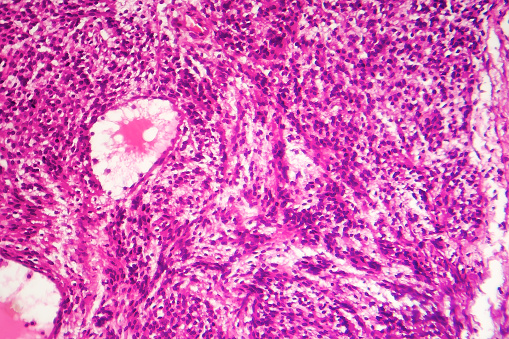
During a mean follow-up period of 345 days, there were two deaths and none of the other patients reached mean overall survival.
For patients who received a cumulative dose of INT230-6 greater than 40% of their total tumour load, the mean overall survival was 715 days; the mean overall survival for all patients was 649 days and the mean overall survival for the control group was 205 days.
"The compelling safety and efficacy of using our drug to treat this deadly and difficult-to-treat cancer, such as soft tissue sarcoma, underscores the potential of this treatment. Good data support our belief that INT230-6 can show significant clinical benefit with lower levels of off-target resulting side effects compared to standard chemotherapy," Lewis H. Bender, president and chief executive officer of Intensity Therapeutics, the drug's manufacturer, said in a news release. "We have designed a randomized Phase 3 trial protocol to assess which is better for INT230-6 versus standard of care for patients with advanced soft tissue sarcoma and look forward to the initiation of that study.
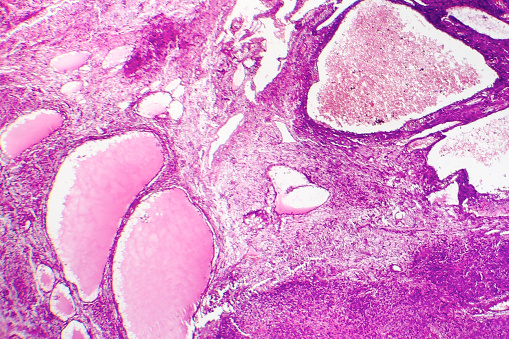
INT230-6 combines cisplatin, vincristine and a penetration-enhancing molecule (SHAO) to help disperse a potent cytotoxic drug throughout the tumour to spread into cancer cells. INT230-6 induces direct tumour killing by the immune system by releasing specific neoantigens that target the patient's malignancy, resulting in a systemic anti-tumour effect without the systemic chemotherapy-related immunosuppressive side effects associated with systemic chemotherapy.
The average number of prior treatments received by patients in the INT230-6 monotherapy group was 3 (ass. 8) compared to 4 (ass. 9) in the combination therapy group. In phase 2 of the study, patients will be given a limit dose of 175 mL of INT230-6 every 14 days for a maximum of 5 doses. Patients with breast, sarcoma or hepatocellular carcinoma receive 4 doses of ipilimumab every 3 weeks.
The subtypes of sarcoma involved in the study include sacral chordoma, liposarcoma, pleomorphic sarcoma, chondrosarcoma, Kaposi's sarcoma, smooth muscle sarcoma, myofibroblastic, osteosarcoma, osteosarcoma, chordoma, spindle cell sarcoma, fibrosarcoma and Langerhans sarcoma, with smaller numbers of each subtype.
In addition, patients with squamous cell or pancreatic cancer, microsatellite stable colon cancer or bile duct cancer received INT230-6 plus pablizumab (Keytruda) every 3 weeks for 2 years. These data will be published at a later date.
The mean age of patients enrolled in the monotherapy arm was 64 years and 63 years in the combination arm.
Fourteen patients in the monotherapy arm experienced treatment-related adverse events (TRAEs), but there were no Grade 4 AEs and only three patients experienced Grade 3 events. The common TRAE was local tumour-related pain (80% of patients).
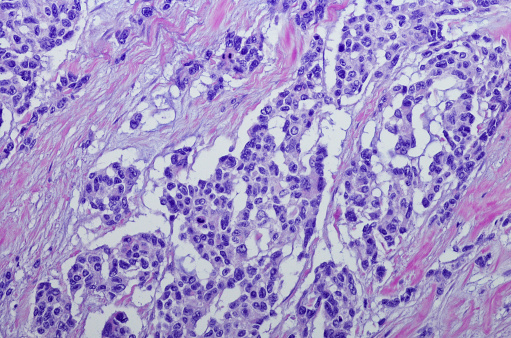
Twelve patients in the combined group experienced a TRAE, one of which was a grade 3 AE anaemia. The common grade 1/2 TRAE was local tumour-related pain (40% of patients).



